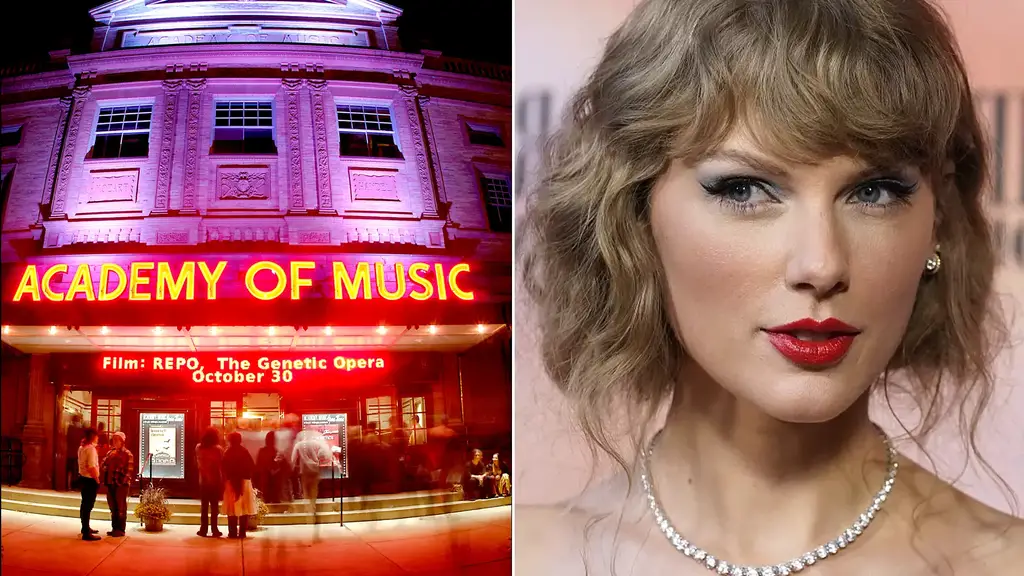The ban has sparked a firestorm of reactions across the music industry and social media. Artists, industry leaders, and cultural commentators have weighed in, with responses ranging from support for the Academy’s right to uphold its values to fierce criticism of what many see as a punitive measure against artistic freedom and social responsibility.
Some argue that the Academy’s decision is a regressive move that stifles not only Swift but any artist who wishes to use their platform for advocacy. Others, however, view it as a necessary stand against what they perceive as the politicization of art and entertainment.
Taylor Swift’s fans, known as Swifties, have rallied around their icon, organizing protests, social media campaigns, and petitions calling for the Academy to reverse its decision. They argue that Swift’s ‘wokeness’—her advocacy and activism—is integral to her identity as an artist and that silencing her is tantamount to silencing the voices of those she stands up for.
At the heart of this controversy is the term ‘woke’ itself, a word that has evolved from a call to awareness about social and racial justice issues to a catch-all label used to critique a perceived overreach of political correctness and activism. The Academy’s use of the term in its ban of Swift brings into sharp relief the polarized ways in which ‘wokeness’ is perceived and the impact it has on public and private institutions.
This ban raises critical questions about the future of artistic expression and the role of artists in society. Can and should artists be neutral, or do they have a responsibility to use their platforms for advocacy? Moreover, what role do institutions like the Academy of Music play in shaping the cultural landscape, and where should the line be drawn between preserving tradition and embracing evolution?
The ban of Taylor Swift from the Academy of Music for her embrace of ‘woke’ culture is more than just a headline; it’s a reflection of the broader cultural and political divides that permeate our society. As the debate rages on, the implications of this decision will likely resonate far beyond the music industry, challenging us to consider the values we champion, the art we celebrate, and the kind of world we wish to create through both.

